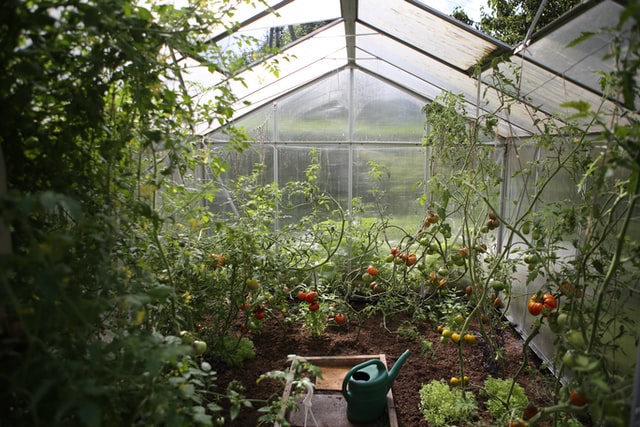.png) |
DRIP IRRIGATION WILL CHANGE THE FACE OF AGRICULTURE |
What is drip irrigation?
Drip irrigation is the most efficient water and nutrient delivery system for growing crops. It delivers water and nutrients directly to the plant's root zone in the right amount and at the right time, so each plant gets exactly what it needs when it needs it for optimal growth. With drip irrigation, farmers can achieve higher yields while saving water, as well as fertilizer, energy, and even plant protection products.
How does it work?
Water and nutrients are delivered throughout the field in pipes called "drippers", which include smaller units known as "drippers". Each dripper emits droplets containing water and fertilizer, resulting in even application of water and nutrients directly to the root zone of each plant throughout the field.
Why do farmers prefer drip irrigation?
The reason is simple. Drip irrigation not only provides a higher return on investment compared to other irrigation methods but also gives farmers an efficient and easy way to manage their farms.
Higher stable yield
Huge water savings: no evaporation, no runoff, no waste
100% land use - uniform drip irrigation in any topography and soil type
Energy Saving: Drip irrigation works at low pressure.
Efficient use of fertilizers and plant protection without leaching.
Less dependent on the weather, more stability, and less risk
Why do plants prefer drip irrigation?
Just like humans, plants like to get a balanced supply of water and nutrients. No one wants to eat a month's worth of food in one day, and the same goes for plants. This is why drip irrigation uses water and nutrients frequently and in small doses, providing optimal growing conditions for the highest possible yield.
Here is why plants are more productive with drip irrigation:
High availability of water and nutrients
Doses of water and nutrients, taking into account the needs of plant development
No saturation and good soil aeration
Avoids high salinity caused by excessive fertilization
No wetting of the foliage, which can lead to fungal diseases
Why the world needs drip irrigation
By 2050, our planet will have 10 billion people and 20% less arable land per person to grow enough calories. Turn on increased water scarcity and it's understandable why we need a way to improve agricultural productivity and resource efficiency. That's where drip irrigation comes in, which is changing the economics of global agriculture by allowing farmers to produce more calories per hectare and cubic meters of water.
Reduce the impact of drought and climate change on food production.
Avoid pollution of groundwater and rivers caused by leaching of fertilizers.
Supporting rural communities, reducing poverty, reducing migration to cities
.png)





.png)
Acha content good information
ReplyDeleteNiceee
ReplyDeleteHi..its nice
ReplyDelete